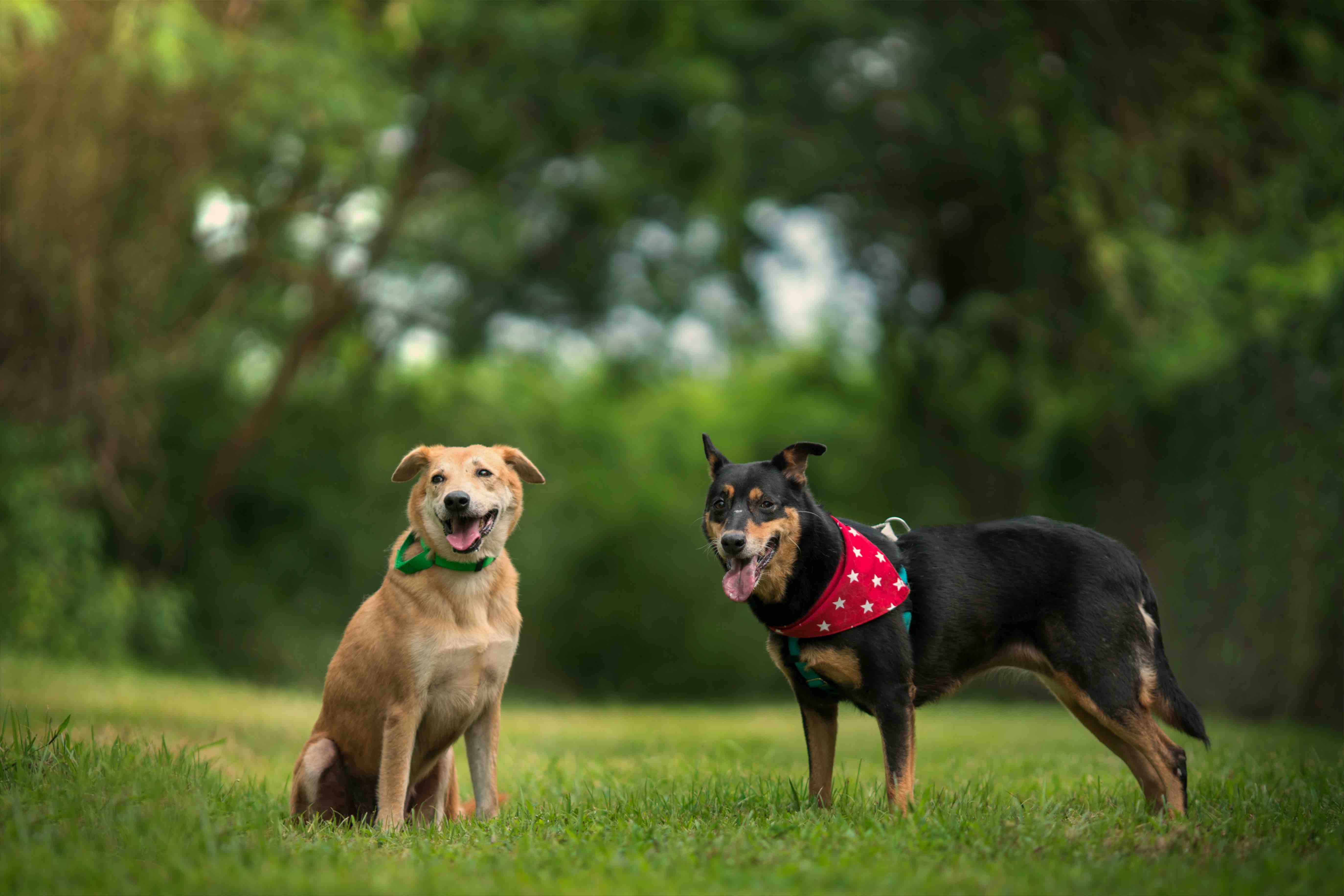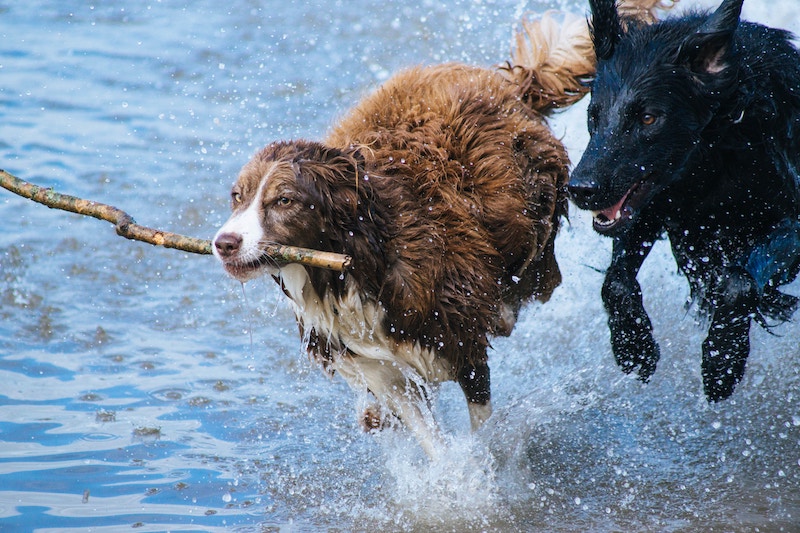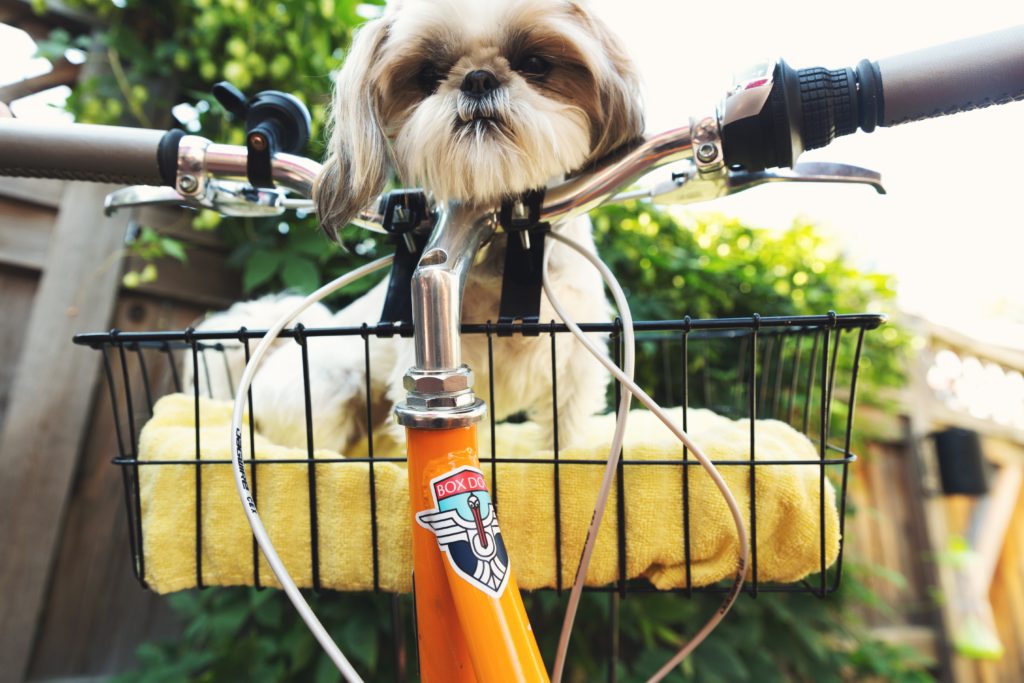Published 12 March 2019 ● Last Updated on 17 July 2020
We may not be indulgent parents when it comes to our human babies; but one ‘woof’ or ‘purr’ from the 4 legged fur ball, we’ve melted and given in to their demands! The relationship that we share with our pets is probably one of the most trustworthy and of unconditional love, something that many human relationships may lack. It doesn’t matter if you have a betta fish in a bowl, a pony on your farm, a pig in the haystack or a hamster in your room – life with a pet is much better! (It’s healthy too!)
Are pets an eco-friendly option?
When it comes to living eco-friendly, pets are not considered a very good for the environment. While some articles tell us outright they are bad, others point out the more ‘friendly’ type of pet options – highlighting that rabbits, chickens, ducks and goats are the pets to pick. No matter what research says; the relationship between man and animals is centuries old and that is definitely here to stay. Also dogs and cats, and their relationship with pet owners is not exactly replaceable by the more eco-friendly animals . So, we at Secondsguru decided to give pet owners some pointers on how they can take charge of the situation by is to ensuring that the ‘pawprints’ of their pets is lesser by making more eco friendly choices on their behalf for them.
The ‘Must – Do’ Pointers
These 3 tips should be treated as ‘must do’ when it comes to keeping a pet. They are good for the environment but they are also good for the animals themselves.
1. A Pet is a Commitment
Before you decide to just step out and buy a ‘pet’ ‘cause you want a companion, you want to gift your partner/lover, your kids want a dog; stop and think about the commitment you are making. Along with the love and fun of having a pet, comes along a huge amount of responsibility that will last for a few years (depending on the pet) and you have to take that into consideration.
Just ask yourself, do I have the time and money for a pet for the next 10 years of my life? Think over it, write down the pros and cons, decide with your head on your shoulders and not with a weak heart because once you get a pet, giving it back should not be an option!
How is this related to the environment? ‘Cause abandonment is a huge problem these days!

2. Adopt, Don’t Shop
Each year, thousands of pets are abandoned because of irresponsible pet owners and some just die of heartbreak, some on the road and a few lucky ones find their way into a shelter and will live there for the rest of their lives.
Before you choose to buy a pet (and support puppy mills which are bad for the animals and environment); consider walking into your local shelter and meeting the animals there. Choose to adopt – the animal gets a home and you get your pet!
Take a look at SPCA’s annual reports to see how many animals are abandoned in Singapore, and how many of those find ‘forever homes’.
3. Don’t Buy Exotic Pets
Do not encourage the illegal wildlife trade by wanting to own an exotic pet like an African Grey Parrot or a Star Tortoise! Each country has its own laws related to pets that one can keep and those that are illegal – please follow that. For example, you cannot keep pet snakes in India but in USA it’s perfectly ok to have a python or boa constrictor! Here, take a look at what’s not allowed in Singapore.
Also, when getting a common pet like a dog, do consider the care it needs. For example, a Saint Bernard is a big dog that lives in a cold climate; I don’t think it would be very happy in a hot and humid environment!
Tips to Reduce the ‘Pawprint’
Here are some tips, broadly divided into 5 categories; that you can follow to start your pet on an eco – friendly journey. They are fairly easy to incorporate into your sustainable lifestyle ways and hopefully, your pet won’t even notice the change (unless it’s a fussy eater!)
- Food
- If you monitor what you eat and believe in healthy homemade wholesome meals, why not do the same for your pet? Homemade meals are a healthier option for your pet – you can ensure that they get the right nutrients. Check with the vet what your pets dietary requirements are and prepare accordingly. Here are some recipes that you can try out for your dogs and cats.
- You can have fun preparing some interesting DIY treats for your pets at home. Take a look at some of these festive recipes for and fun treats!
- If you must buy some processed food, look for a brand that is environment conscious and uses recyclable packaging material. Try to buy in bulk as it saves money as well as uses less packaging; do remember to check the expiry date of the product!
- Use reusable containers (stainless steel or ceramic) to serve food and water to your pets. Avoid using plastic that has BPA as it is harmful to your pet.
- The BIG Job (Poop)
Cleaning up after your pet is a must as animal faeces are harmful for human beings.
- The best option is to get a poop scooper and clean up after your pet. You can dispose of the waste in a suitable manner or just flush it. The scooper is a reusable option and easy to clean.
- If you must use poop bags, ensure that you get the biodegradable bags that are available in the market.
- Dog waste can be composted but it’s a bit of a tricky process and cannot be used for edible plants as it contains parasite that are difficult to remove.
- For cats, biodegradable litter made from plant sources, paper and even sawdust is easily available at most pet stores. It is a bit more expensive but good for the environment as it degrades faster.
- Eco Friendly Natural Products
- When buying shampoo, look for eco – friendly products that use natural ingredients and are less harmful for your pet. Lesser the chemicals, better for the Pet and Earth!
- You can opt for collars and leashes that are made from natural products such as hemp, recycled plastic, rope and even inner tubes of cycle wheels! Sounds interesting? Take a look here.
- Fact: The dog will rarely sleep in the fancy bed you buy for him! So, just skip buying it and make a bed out of some old bed sheets or blankets (if cold!)
- If the pet needs clothes, upcycle yours or the kids old clothes instead of buying new ones. Remember, they already have a coat and may want to flaunt just that!
- When buying products, try to ensure that the packaging is made from recycled material.
Dogs don’t need fancy toys, even a game with a stick is fun! Photo by Matt Jones on Unsplash
- Toys and Play
The toy industry doesn’t focus on the child or the pet – they focus on the parents! Most of the time, you end up buying toys that you like, not what the kid or dog wanted or needed.
- Avoid buying plastic toys for your pet as many of them have chemicals that are harmful for your pet. Plus, they don’t last very long and you need to ‘throw the old and get a new one’ – not good for the environment!
- Make your own toys by recycling safe and easily available things like use an old T-shirt to make a pull toy, use a laser pointer and see how your pet enjoys chasing it or make a ball out of rolled up cloth rope. Here are some more ideas to get you started!
Have a small pet? Take them on a cycle ride instead of a drive! Photo by Sticker Mule on Unsplash
- Others
- Skip the drives and choose to walk. Find a park or pet play area nearby so that you and your pet get your daily dose of exercise and save on fuel.
- Please do not keep the AC running for your pet – they really don’t need it. Unless you decided to keep a polar bear in a tropical place!
- It is advised to neuter your pet so that population is kept in check. Talk to your vet about it.
- There is no need to keep using paper towels, wet wipes or napkins to clean up after your pet. Use old towels or cloth napkins that you can wash and reuse.
- Even for your home, choose non toxic cleaners that are not harmful for your pet. Get eco – friendly air fresheners like natural oil or even use baking soda in boxes to absorb bad odours!
- Don’t throw away your pet’s old stuff; donate them at the local animal shelter. These places are constantly in need of things.
Let’s get started…
We hope the tips we’ve put together will help you start your pet on its eco – friendly journey. It may seem a bit difficult in the beginning but once you get used to it; it will become yours and their way of life.
Be a responsible pet owner; help reduce your pets’ pawprints!





0 Comments